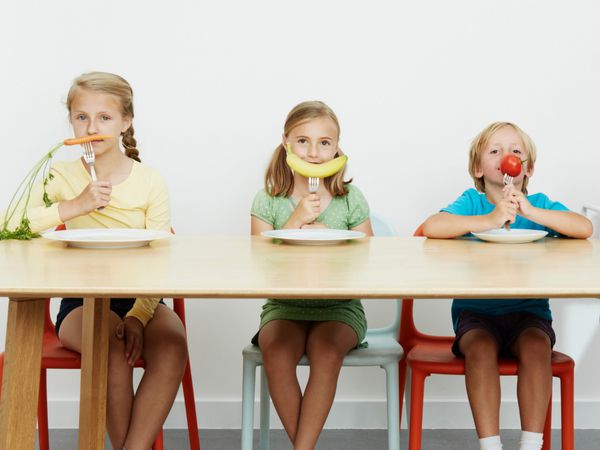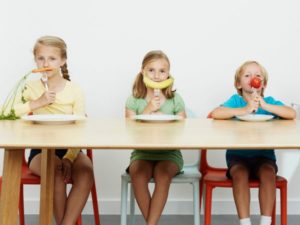
Choices influencing food access
Food access: food supply and food security
Have you ever considered that you’re not the only one who decides what food ends up on your plate?
How can we discern dilemmas at household, local, national and international levels get the big picture when the connections between levels and actors regarding access to food have been unraveled. Each scale is important to understand actors’ choices influencing food access.
Why the choices you make have been predestined?
We need to imagine what it takes to provide access to a safe and nutritious food supply every day.
 If we all do our bit by making smart choices we’ll get to enjoy feasting on the bounty from “the breadbasket of the world” for a long time to come!
If we all do our bit by making smart choices we’ll get to enjoy feasting on the bounty from “the breadbasket of the world” for a long time to come!
Food manufacturing has changed during the past century, depends on social and economic dynamics at the household level for everyone.Is shaped at a local level by the interactions between traders, retailers, producers and buyers in the markets is influenced on a national scale by politics and policies by negotiating and aligning goals, instruments, and modes of governance is impacted by debates and negotiations creating conditions in food trade by international organizations.
The question often gets asked, “What does sustainable food mean exactly?”
Most people seem to agree that when it comes to farming, cooking and eating, sustainable is a good thing. But it also seems to mean something a little different depending on who you ask.
So let’s look at an official definition for farming. “Sustainable agriculture” was addressed by Congress in the 1990 “Farm Bill.” Under that law, the term sustainable agriculture means an integrated system of plant and animal production practices having a site-specific application that will, over the long term:
- Satisfy human food and fiber needs.
- Enhance environmental quality and the natural resource base upon which the agricultural economy depends.
- Make the most efficient use of nonrenewable resources and on-farm resources and integrate, where appropriate, natural biological cycles and controls.
- Sustain the economic viability of farm operations.
- Enhance the quality of life for farmers and society as a whole
We heartily endorse those goals and practices for sustainable farms and we’d like to make some additions for everyone who shops for food, cooks it up, and loves eating well as much as we do.
Consumers play an important role in determining the health of the environment we inhabit and the one our children will be living in after we’re gone. It’s important for people to know about the source of the foods they consume; how it’s grown, raised, caught and prepared.
Knowledgeable consumers can make choices that support sustainable agriculture, humane practices for raising poultry and livestock, and the responsible harvesting of seafood. We want people to buy from those whose conservation practices protect the health of the environment.
It’s not just a healthy environment, nutritious eating and great taste that makes us seek sustainable food. Family farms, family ranches and family-owned small businesses are vital to a sustainable economy.
What do you think?